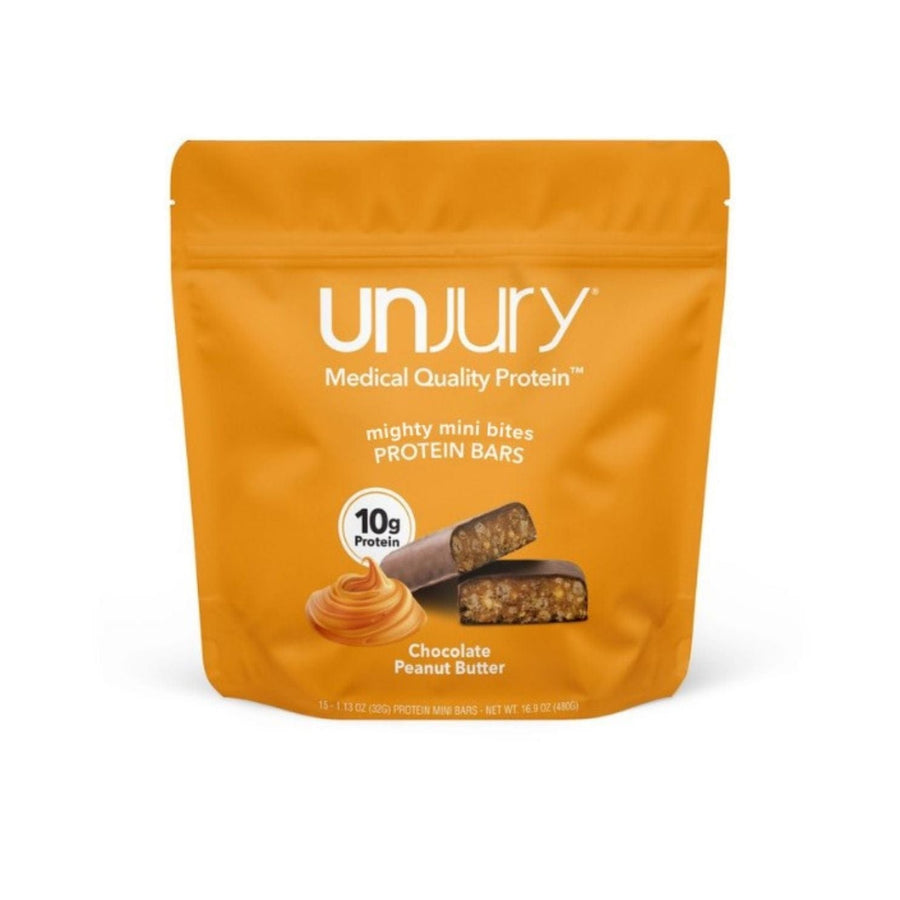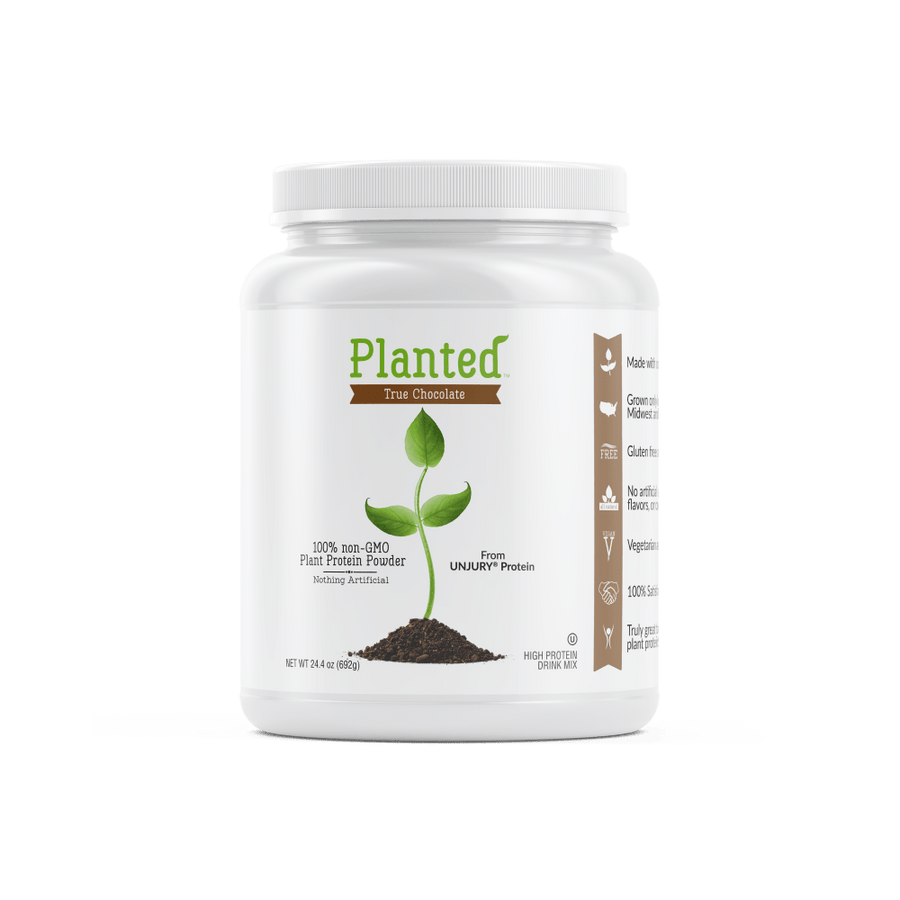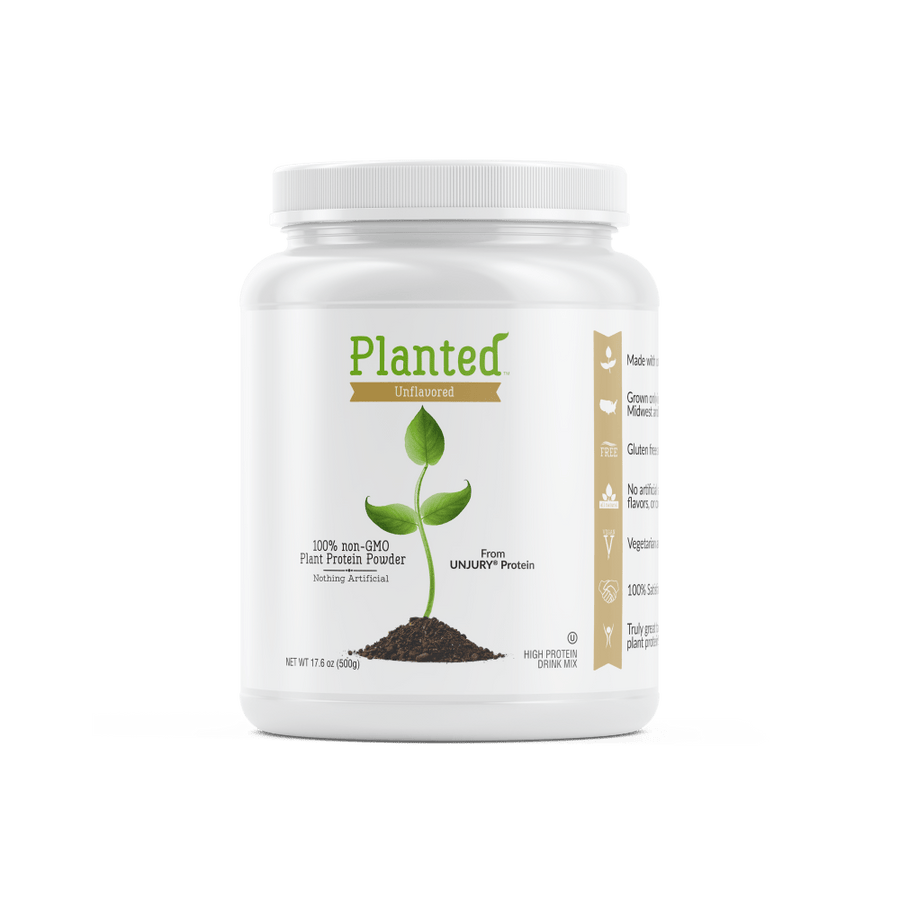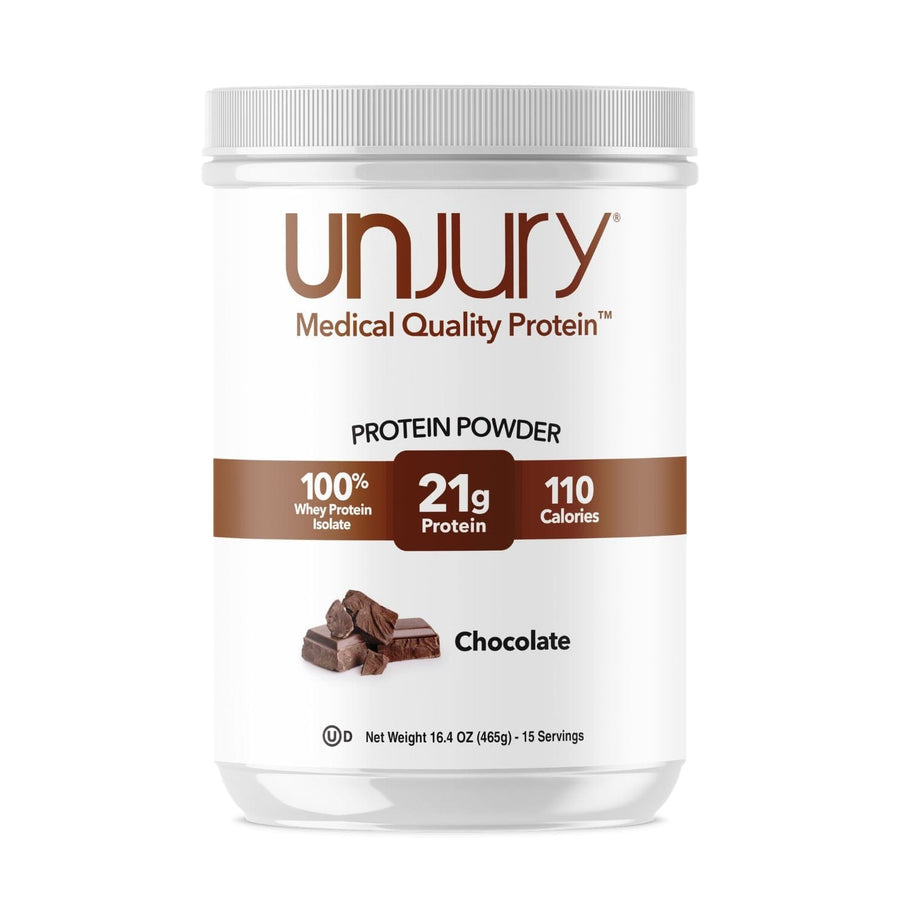How Protein Powers Your Immune System
When most people think of protein, they associate it with muscle-building or postworkout recovery. But did you know that protein also plays a vital role in supporting your immune system?
From building antibodies to supporting tissue repair, protein is essential to your body’s defense mechanisms.
In this article, we share three key facts about the connection between protein and immune health and how much protein you need for optimal support.
1. Protein Is the Foundation of a Healthy Immune System
Your body needs protein to create immune cells, like white blood cells and antibodies, which are essential for fighting infections. Here’s how:
- Antibodies: These proteins produced by the immune system identify and target harmful invaders like viruses and bacteria. Without enough protein, your body can’t produce enough antibodies to protect you effectively.1
- Cytokines: Messenger proteins help immune cells communicate and coordinate their defense against pathogens. Protein is essential for the production of cytokines, allowing your immune system to respond quickly to threats.1
- White blood cells: Primary defense cells, such as T-cells and macrophages, need protein to build their structures and produce enzymes that digest harmful bacteria.2
2. Protein Helps Regulate Immune Function
Getting enough protein not only helps build immune cells but also plays a vital role in regulating their function. Maintaining a balanced immune response is crucial—too much can trigger inflammation, while too little leaves you vulnerable to infections.
- Glutamine: An amino acid that acts as a building block for protein and serves as a primary energy source for immune cells like lymphocytes and macrophages. When you’re sick or stressed, your body needs more glutamine to stay energized and ready to fight.3
- Albumin: A protein in your blood that helps regulate fluid balance. Low levels of albumin, often caused by inadequate protein intake, can weaken your body’s ability to fight infections.4
3. Protein Deficiency Can Weaken Immune Health
Not getting enough protein can weaken your immune system, increasing your susceptibility to infections and slowing down recovery.
Research shows that low protein intake is associated with fewer immune cells, reduced antibody production, and a weaker overall immune response.5 This can be especially concerning for older adults, individuals with chronic illnesses and autoimmune diseases, those with slow-healing wounds, or people who are recovering from surgery.
What Are the Best Sources of Protein for Immune Health?
To support a strong immune system, it's important to include a variety of immune-boosting foods or supplements that are rich in protein in your diet. Here are some of the best sources:*
- Animal-based proteins: Chicken, turkey, lean beef, fish, eggs, and dairy products like yogurt and cheese provide all the essential amino acids your body needs to support immune health.6
- Plant-based proteins: Foods like legumes (beans, lentils, chickpeas), tofu, quinoa, nuts, and seeds are good sources of vegan protein and contain fiber, vitamins, and minerals that support your immune system.6
- Protein supplements: Unjury® Whey Protein Isolate and Unjury Planted™ Pea Protein Isolate are excellent sources for healing and immune health. They have concentrated levels of the amino acids your body needs to maintain a healthy immune system and fight illness or infection.7,8*
Tips for Getting Enough Protein
Meeting daily protein goals is vital to maintaining a healthy immune system. If you are struggling to get enough protein, follow these tips for reaching your dietary protein goals each day:
- Incorporate protein at each meal: Include a high-quality source of protein with each meal to help meet your daily needs. Think grilled chicken with a salad, high-protein soup with vegetables, tofu stir-fry, or a protein-rich smoothie.
- Add protein snacks: If you can’t get all your protein at mealtime, try a protein bar, cheese stick, or handful of nuts between meals for a daily protein boost.
- Mix it up: Use a variety of protein sources throughout the day, like eggs at breakfast, high-protein soup and sandwich at lunch, and bean chili for dinner.
Conclusion
Protein is a powerful nutrient that supports your immune system by building and regulating immune cells and aiding in recovery from illness. It’s essential for maintaining wellness during cold and flu season.
Remember, protein needs can vary. Groups such as older adults, athletes, or those recovering from illness may need more protein each day. Work with a dietitian or healthcare provider to determine the right amount for you.
References
1. Munteanu C et al. Front Nutr. 2022;9:1082500.
2. Marchingo JM et al. Cell Mol Immunol. 2022;19(3):303–315.
3. Cruzat V et al. Nutrients. 2018;10(11):1564.
4. Thalacker-Mercer AE et al. J Nutr. 2007;137(7):1734–1740.
5. Iddir M et al. Nutrients. 2020;12(6):1562.
6. Markova M et al. Clin Nutr. 2020;39(3):862-869.
7. Shanthakumar P et al. Molecules. 2022;27(16):5354.
8. Ha DJ et al. Foods. 2021;10(1):194.
*These statements have not been evaluated by the Food and Drug Administration. These products are not intended to diagnose, treat, cure, or prevent any disease.














